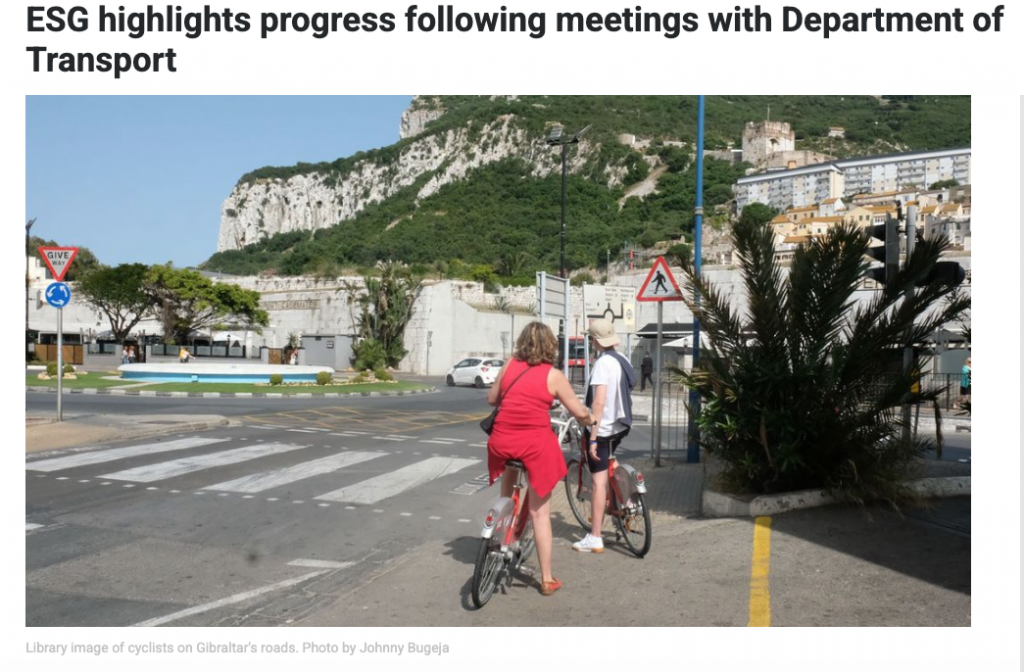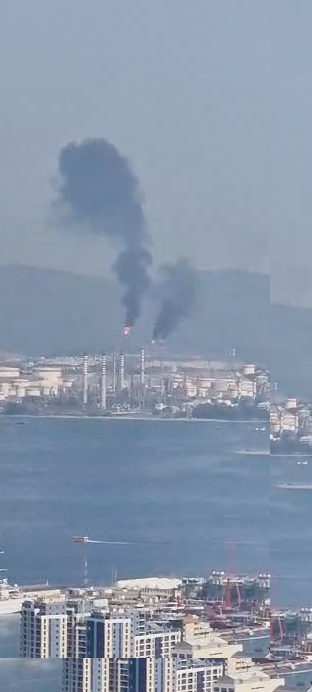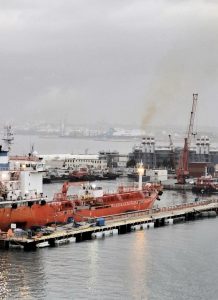The ESG has held meetings with the Department of Transport during 2025 and wishes to highlight initiatives now in place that address some areas of concern.
For example, it welcomes the fact that our local bus fleet is now running on HVO fuel which reduces harmful emissions substantially, by up to 90%. (1)
“We hope this will be followed by all private, tourism and commercial vehicles switching to HVO, a move better facilitated by removing import duty on HVO fuel for road vehicles. This is already in place for shipping use/sales.”
Regarding food take away companies and associated transport, it is positive to hear about the tightening up of company practice regarding staff, pay, uniform, unique numbers, licences, and registration. Also, the making of a mandatory taxi service at the airport during all flight activity is long overdue and welcomed.
On the matter of tourist cycling groups, the ESG also considers there should be a limit on group sizes to protect the safety of cyclists and other road users and limit risk of accidents. Some group sizes seen locally have been alarmingly large! This is commonly done in other cities. Additionally, the group has been calling for Wayfinding Signs to be installed around Gibraltar to support active travel and encourage more people to walk and note these were mentioned in this year’s budget to be at design stage. Hopefully they will be seen soon.
Government also announced that the new, replacement Upper Town buses would be purchased imminently and was widely welcomed by many. The group asks when are these likely to be in place?
- https://premaenergy.co.uk/hvo-fuel-the-best-way-to-reduce-your-carbon-footprint/







